Hezbollah imposed equation of power on Israel in maritime border demarcation case: Top Lebanese politician
A senior Lebanese politician says his country’s demands have been met during indirect negotiations on a maritime border demarcation deal with Israel, emphasizing that the Hezbollah resistance movement imposed the equation of power on the Tel Aviv regime in the case.
“Hezbollah imposed the equation of power, and Lebanon could obtain its demands in the course of talks about maritime border demarcation [with Israel]. Now, there is only one step left,” leader of the Free Patriotic Movement, Gebran Bassil, told Lebanon’s private LBCI television station.
He said that Israel’s preoccupation with the forthcoming legislative elections, scheduled to be held on November 1, delayed the finalization of the deal, adding no one can assert that the work has been done unless an accord is struck.
The prominent Christian politician said he had earlier stated that natural gas must be extracted from both the Karish gas field in the Eastern Mediterranean Sea and the Qana gas field. None will be extracted without the other, he declared.
“It was the resistance front which drew up and imposed the equation of power on Israel. This manifestly shows how beneficial Hezbollah is for Lebanon. Shouldn’t we make use of such a capacity?” Bassil said.
On Tuesday, Lebanon and Israel reached a “historic” deal to end a long-running maritime border dispute in the gas-rich Mediterranean Sea.
“Lebanon has obtained its full rights, and all of its remarks have been taken into account,” Lebanon’s negotiator Elias Bou Saab said after submitting the United States-brokered final draft of the deal to President Michel Aoun.
He added that the final draft “takes into consideration all of Lebanon’s requirements and we believe that the other side should feel the same”.
Lebanon’s presidency voiced hope that “the agreement on the demarcation will be announced as soon as possible.”
Aoun had previously said that a deal would not signify a “partnership” with Israel as the two sides are technically at war.
In February 2018, Lebanon signed its first contract for drilling in two blocks in the Mediterranean with a consortium comprised of energy giants Total, Eni, and Novatek.
Lebanon and the Israeli regime took part in indirect talks to discuss demarcation in 2020. But the talks stalled after Lebanon demanded a larger area, including part of the Karish gas field, where Israel has given exploration rights to a Greek firm.
The talks were supposed to discuss a Lebanese demand for 860 square kilometers (330 square miles) of territory in the disputed maritime area, according to a map sent to the United Nations in 2011. However, Lebanon then said the map was based on erroneous calculations and demanded 1,430 square kilometers (552 square miles) more further south, including part of Karish.
Yemeni FM: Israel’s sponsors accountable for ongoing aggression on Sana’a
Eight Palestinians killed as Israel attacks Gaza school, hospitals
VIDEO | Rome, Milan host new protests in solidarity with Palestinians
Dec. 21: ‘Axis of Resistance’ operations against Israeli occupation
Spain jurists demand ties with Israel ties be cut
VIDEO | Press TV's news headlines
VIDEO | Iran honors top Science Olympiad medalists
VIDEO | Austrians arrested at Gaza protest in Vienna


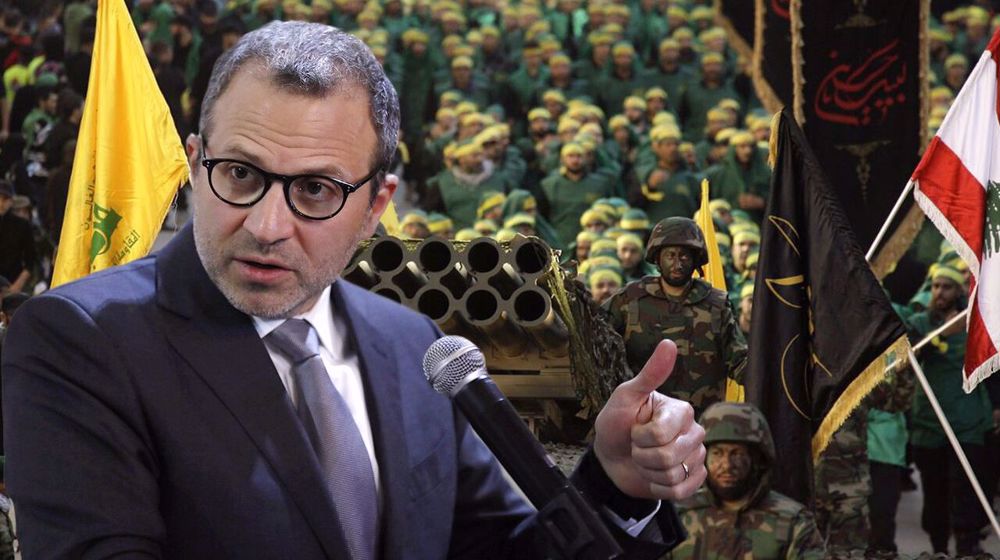
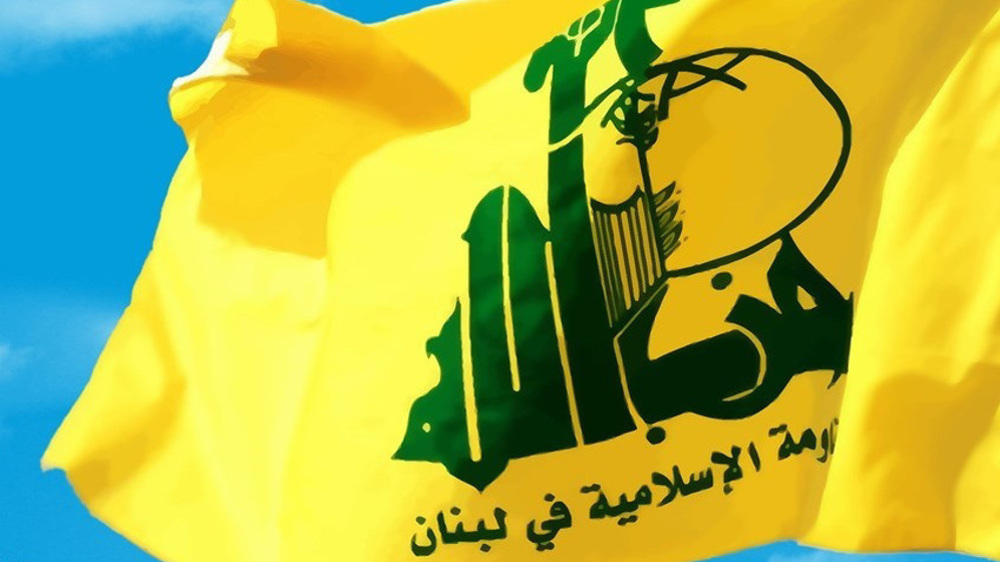
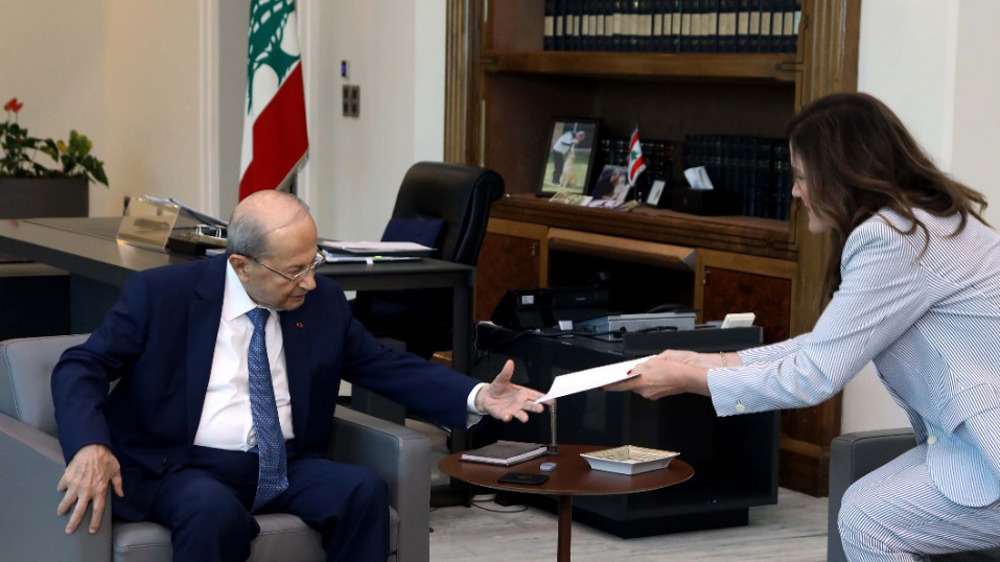


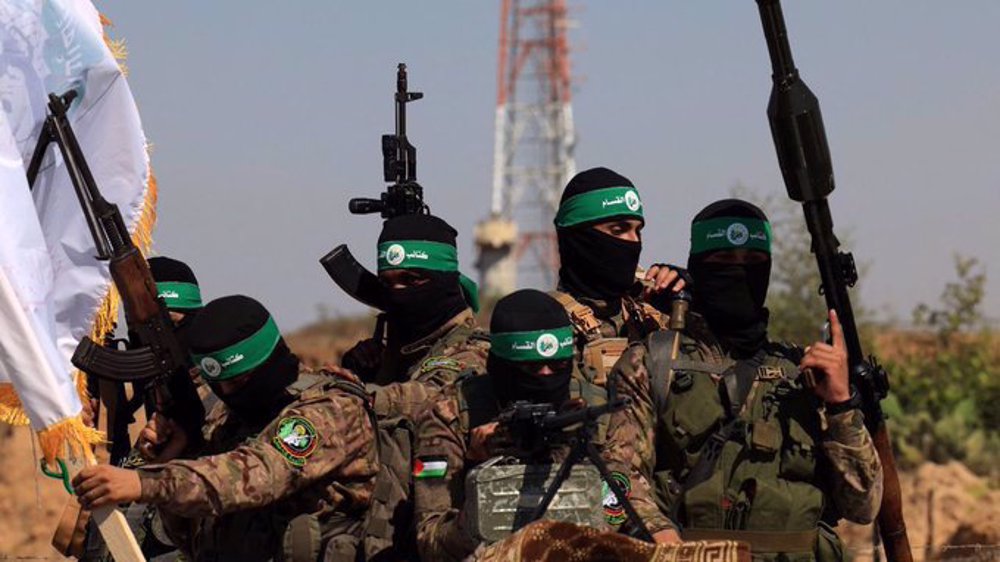



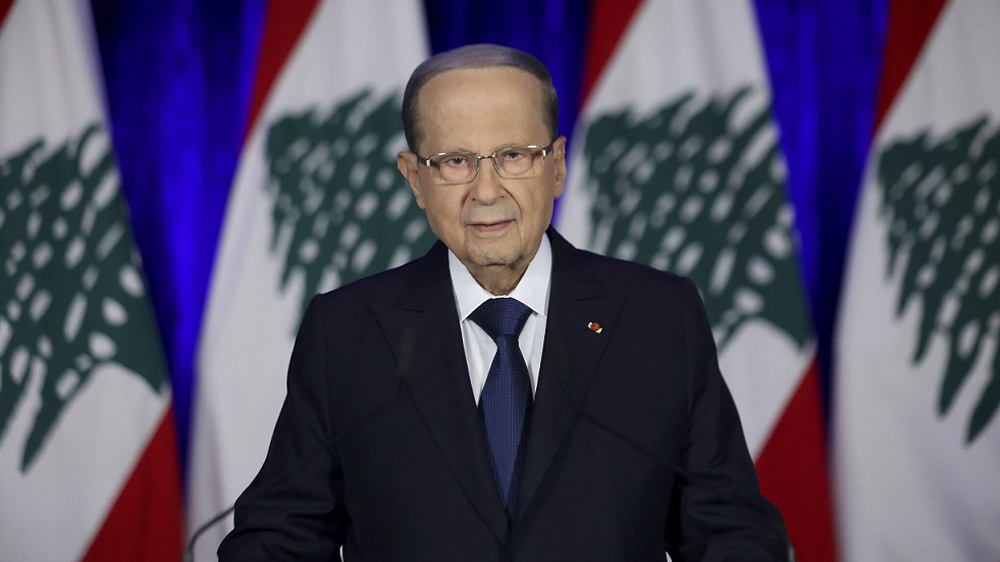
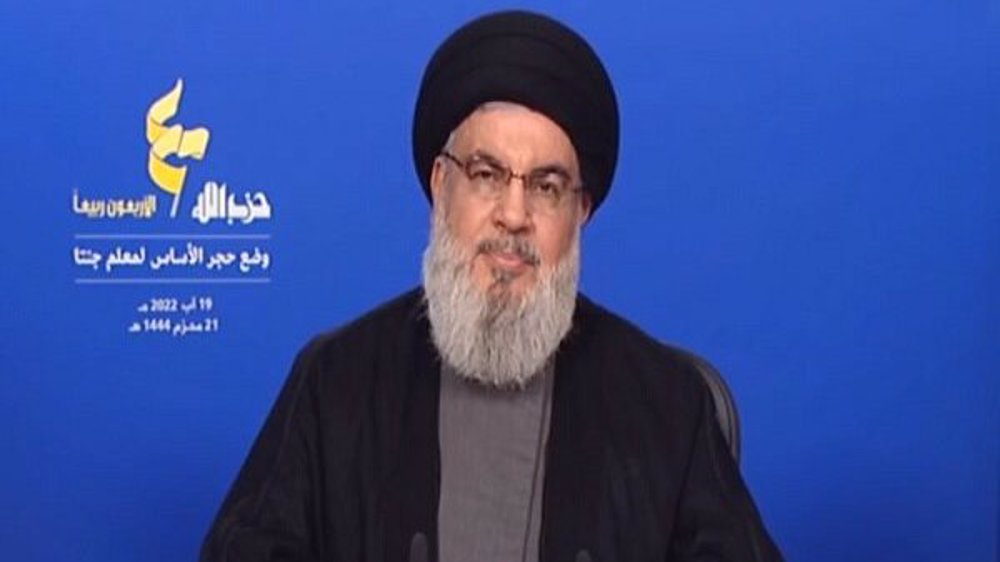
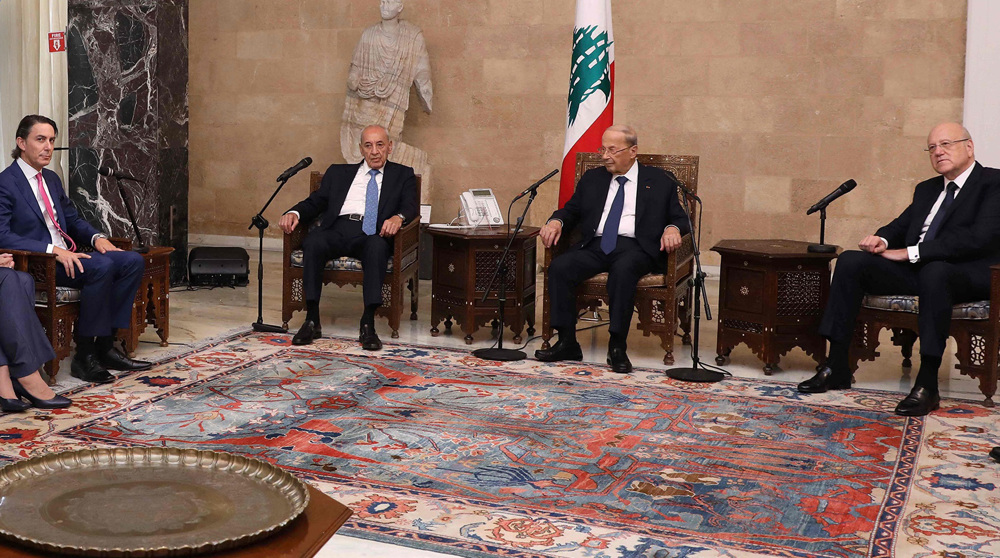
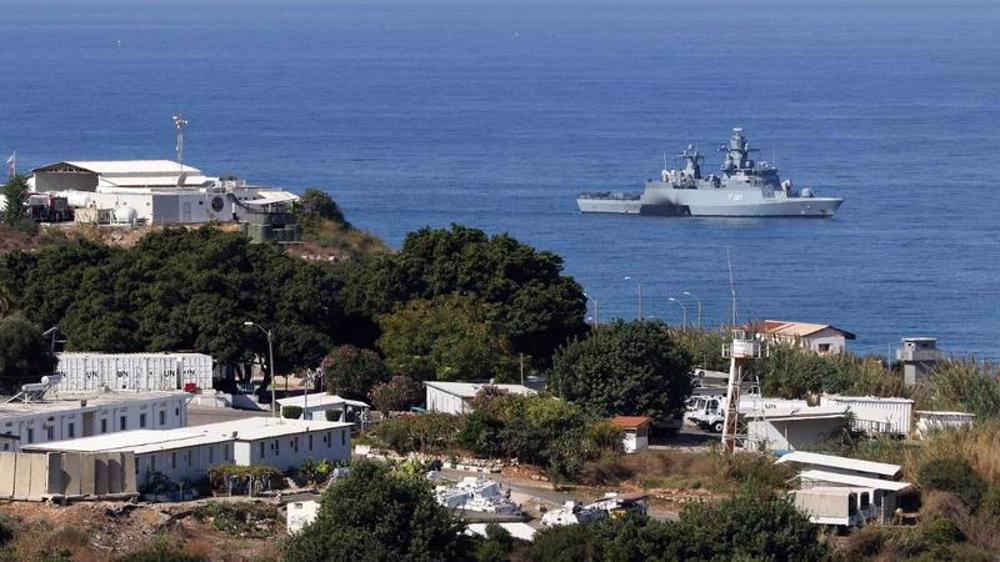
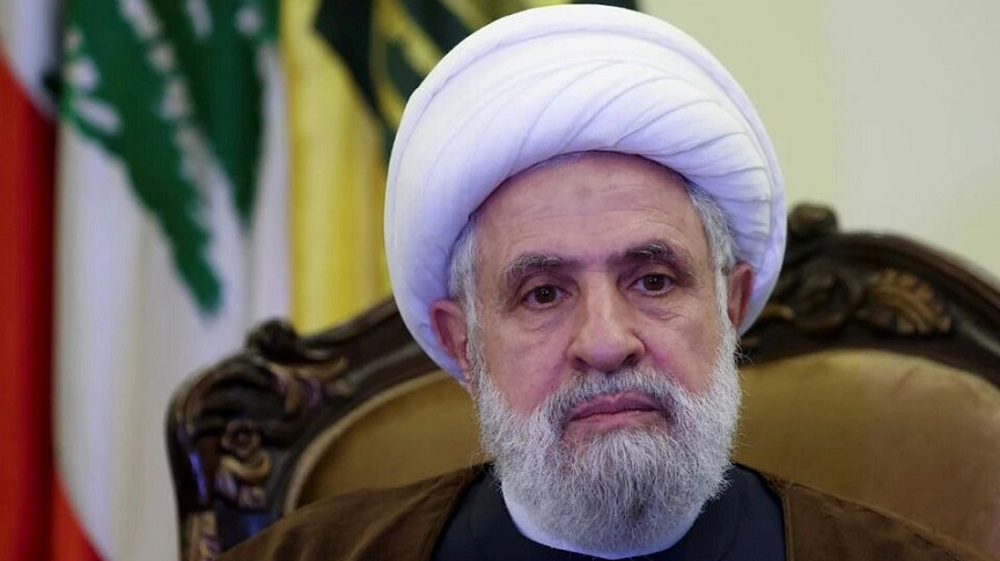
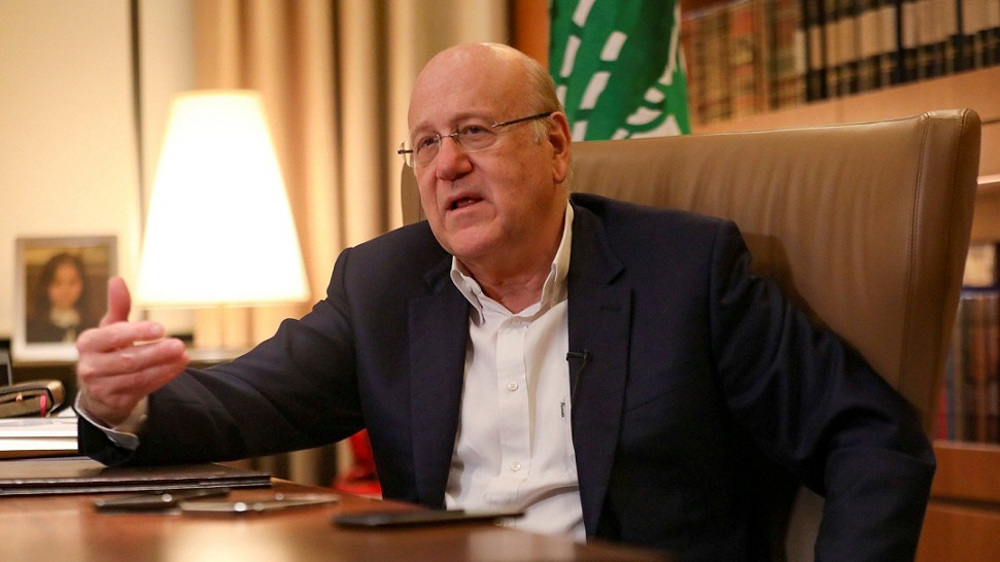
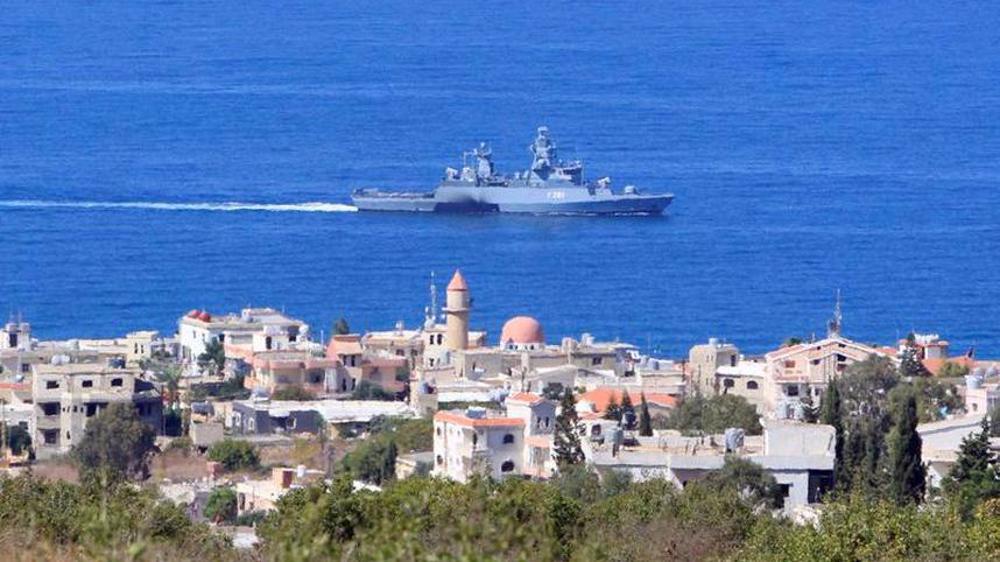

 This makes it easy to access the Press TV website
This makes it easy to access the Press TV website